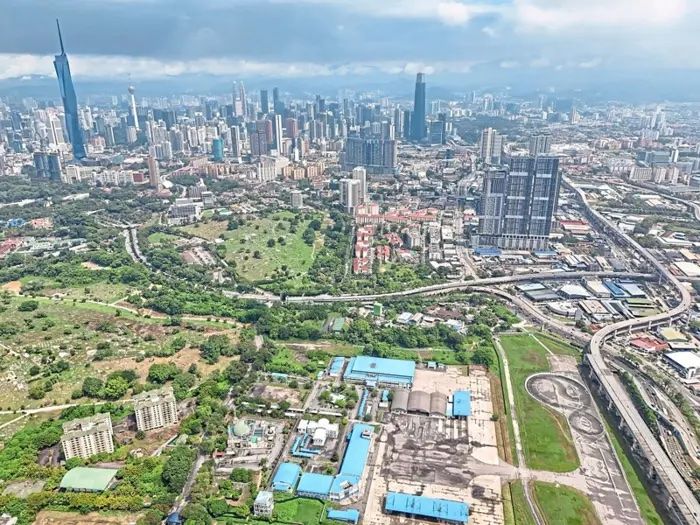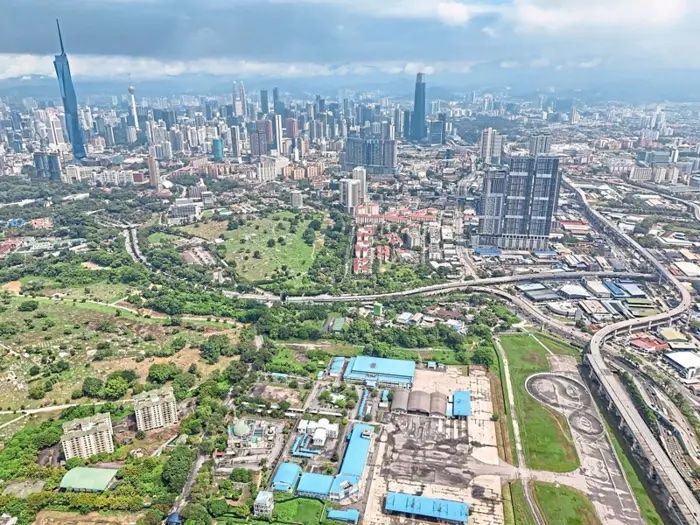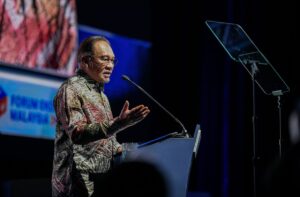
PETALING JAYA: Every resolution put forward at the Urban Renewal Convention, including suggestions to strengthen the proposed Urban Renewal Act (URA), will be carefully reviewed to ensure they align with the principles of sustainable, inclusive, and equitable town and country planning, says Town and Country Planning Department (PLANMalaysia).
Its director-general Datuk Dr Alias Rameli said he welcomed the convention resolutions as they aligned with the government’s efforts to strengthen the urban renewal agenda.
“PLANMalaysia is committed to ensuring that every proposal is carefully reviewed to be consistent with existing policies and deliver broad benefits to the people,” he said in a statement on Friday (Oct 3).
The convention which was organised by Umno, held at Dewan Tun Hussein Onn, presented three key resolutions and 14 specific recommendations.
The first resolution demanded that the URA Bill not be tabled until it is redrafted to reflect the views of property owners, residents and civil society groups.
The second resolution called for a holistic review and amendments to 10 existing laws, including the Land Acquisition Act 1960, Strata Titles Act 1985, and Housing Development Act 1966.
Delegates argued that these laws must be harmonised with the new URA Bill to avoid overlaps and contradictions.
The third resolution proposed the establishment of an Urban Redevelopment Authority to oversee and regulate projects nationwide, ensuring disputes between developers and residents are addressed fairly.
PLANMalaysia said the country’s rapid urbanisation rate, which rose from 28.4% in 1970 to 75.8% in 2024, has created major challenges in meeting the demand for urban renewal.
“This situation requires a more comprehensive, well-planned, and people-oriented approach to avoid recurring issues such as dilapidated and unsafe buildings, abandoned projects, resident conflicts, inequitable compensation, and the neglect of original residents’ rights and interests,” it said.
The department also stressed that any urban renewal plan must take into account the uniqueness of each area, including settlement characteristics, demographic composition, local customs, and public interest.
“Therefore, the inputs and resolutions from the convention will serve as valuable reference materials in formulating policies and establishing a more effective legislative framework.”
PLANMalaysia added that urban renewal initiatives must not be driven solely by profit motives, but should be rooted in public well-being while balancing the interests of landowners, local communities, and the nation’s overall development.
“We will continue to prioritise stakeholder engagement, input, and feedback to ensure that the URA is comprehensive, fair, and effective,” said the statement.
PLANMalaysia also expressed confidence that close collaboration between the government, local authorities, developers, civil society, academic institutions, and political parties is key to fostering more orderly and sustainable urban development.
“In this regard, the Convention serves as an important platform to build mutual understanding and formulate practical solutions for the benefit of the people and the nation,” it said.
Housing and Local Government Minister Nga Kor Ming presented the Bill in Parliament for its first reading on Aug 21.
The Bill aims to facilitate the redevelopment of old, dilapidated and run-down housing areas.
However, there has been mounting public backlash that the proposed new law will give project developers excessive powers to force home sales and evict those who refuse to move out once a set consent threshold is reached, thus eroding individuals’ property rights. The Bill’s second reading, originally planned for Aug 28, was postponed to Oct 6.






